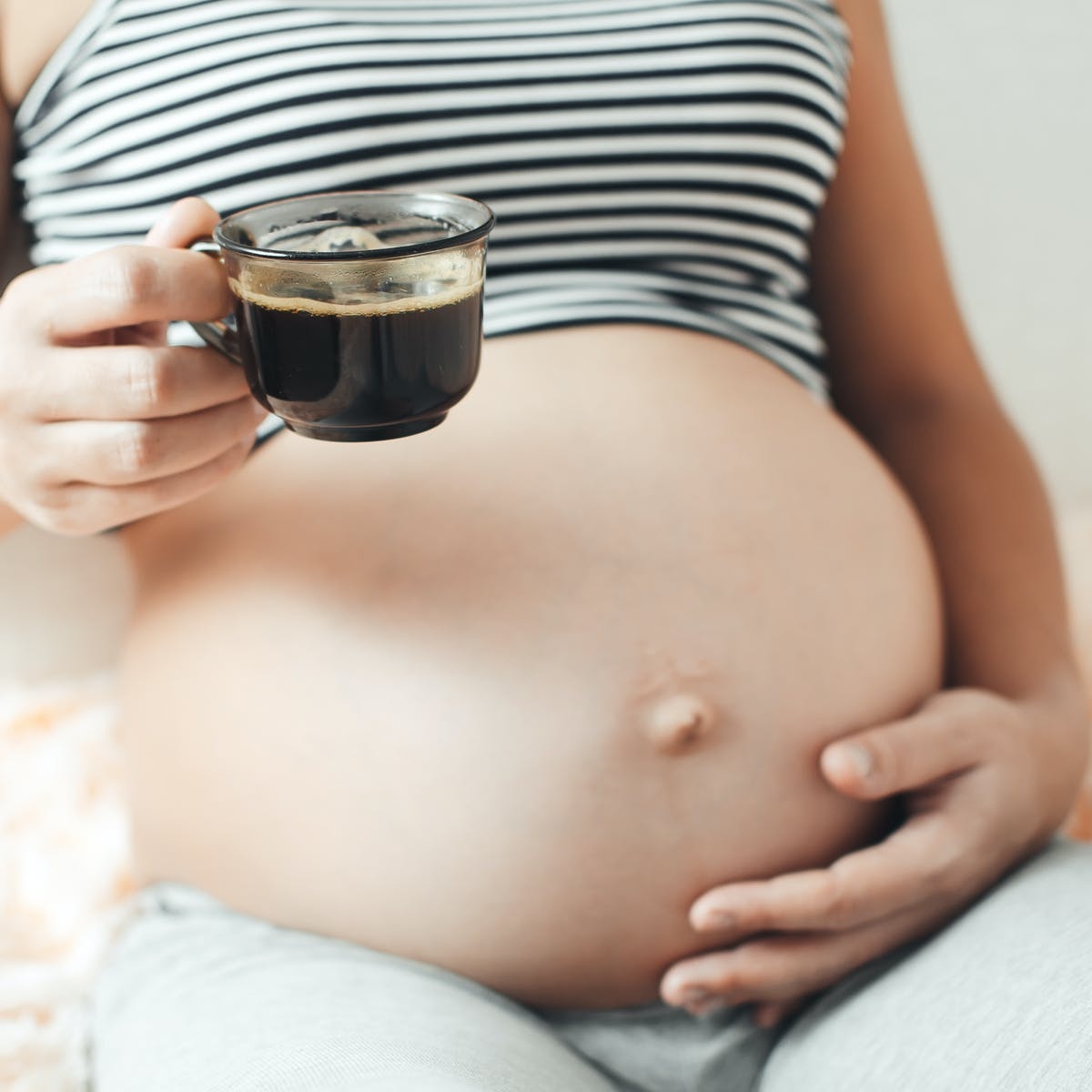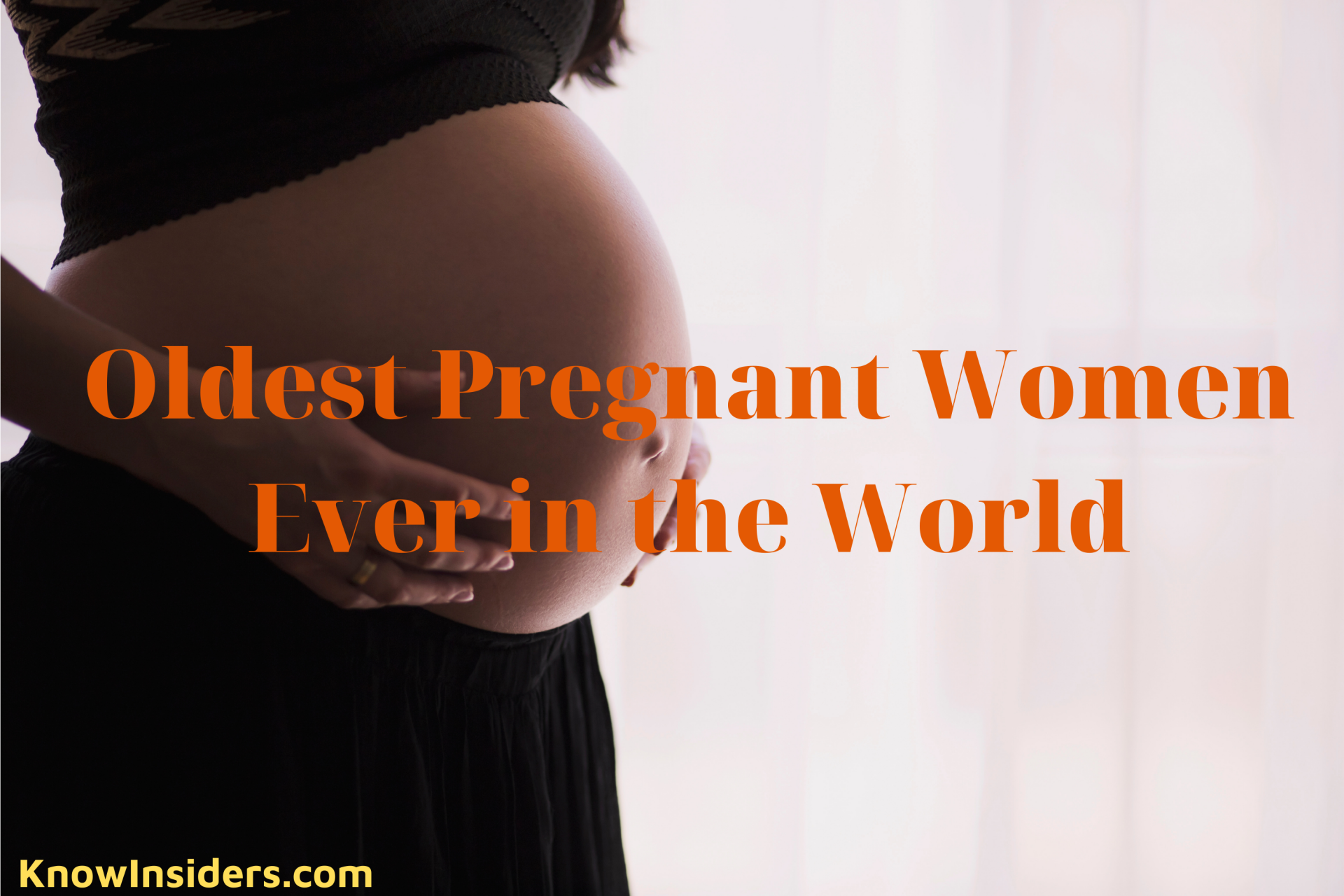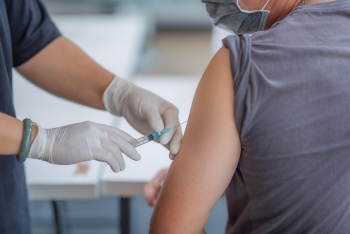Can Pregnant Women Drink Coffee?
 |
| Photo: KnowInsiders |
Check with your doctor about having caffeine during your pregnancy. One cup of coffee is usually OK, but it's best to not have more than that. It's hard to know exactly how much caffeine is in a cup of coffee. The total can depend on things like the brand of coffee and the size of the cup.
Facts About Caffeine
Caffeine is a stimulant and a diuretic. Because caffeine is a stimulant, it increases your blood pressure and heart rate, both of which are not recommended during pregnancy.
Caffeine also increases the frequency of urination. This causes a reduction in your body fluid levels and can lead to dehydration.
Caffeine crosses the placenta to your baby. Although you may be able to handle the amounts of caffeine you feed your body, your baby doesn’t have the enzymes needed to metabolize caffeine.
Any amount of caffeine can also cause changes in your baby’s sleep pattern or normal movement pattern in the later stages of pregnancy. Remember, caffeine is a stimulant and can keep both you and your baby awake.
Caffeine is found in more than just coffee. Caffeine is not only found in coffee but also in tea, soda, chocolate, and even some over-the-counter medications that relieve headaches. Be aware of what you consume.
How much is too much?
Most people get their liquid caffeine fix with a soft drink, energy drink, tea or coffee. If you’re pregnant, the American Pregnancy Organization recommends you limit your caffeine intake to 200 mg a day and this includes food with caffeine, too.
But how do you know if you’re reaching your limit? Caffeine can be found in the following and the amount can range from brand to how it’s prepared:
• 1 soft drink can: 40 mg
• 1 mug of tea: 75 mg
• 1 250 ml can of an energy drink: up to 80 mg
• 1 mug of instant coffee: 100 mg
• 1 mug of filtered coffee: 140 mg
• Chocolate: 31 mg
• One mug of decaffeinated coffee: 12 mg
• One mug of hot chocolate: 9 mg
“Be sure to let your doctor know how much caffeine you drink or eat so they can help guide you toward the right caffeine intake level,” says Dr. Svets.
Will caffeine affect my pregnancy and baby?
During pregnancy, it can take longer for your body to metabolize caffeine. This means that you might have caffeine in your bloodstream for a while after you drink coffee or other caffeinated beverages. You might hear this called caffeine clearance, which refers to how long it takes the caffeine to leave your bloodstream.
The placenta provides your baby with food and oxygen through the umbilical cord. Because of this, when you drink coffee or other caffeinated beverages, your baby will be on the receiving end of it. While there are studies that have conflicting evidence, it’s best to keep your caffeine intake to under 200 mg.
One study found that the amount of caffeine ingested while pregnant wouldn’t have an effect on the baby’s sleep during the first three months of their life.
Researchers at the University of Pelotas looked at the children of nearly 900 women who consumed caffeine in pregnancy. They found caffeine consumption during pregnancy did not affect their baby’s sleep during the first three months. They also looked at women who consumed both caffeine and breastfed and found similar results.
When it comes to breastfeeding, it’s possible your baby can feel the effects of caffeine. Another study reported that poor sleep patterns and fussiness were prevalent in babies whose mothers drank about 10 or more cups of coffee daily while breastfeeding. Those who drank more than 450 ml of coffee daily may have less iron in their breastmilk.
“One cup of average brewed coffee is about 137 milligrams of caffeine and the studies all looked at 200 milligrams as being the cutoff,” says Dr. Svets. “So, if you have just one cup of brewed coffee a day, you should be fine.”
The American College of Obstetricians and Gynecologists also maintains the recommendation that moderate caffeine consumption does not appear to be a major contributing factor in miscarriage or preterm birth.
If you’re unsure of how much caffeine is too much and have questions about your diet, talk to your doctor so you can both make the right decision for you and your baby.
Read More: What Is A Chemical Pregnancy - Symptoms, Causes And More
How does caffeine affect me when I’m pregnant?
 |
| Photo: The Conversation |
You may find it doesn’t affect you at all. On the other hand, it’s possible that you may react differently to caffeine once you’re pregnant.
Coffee, in particular, can make you poop, so if you already find yourself running to the restroom, you may want to put the coffee on the “do not drink” list until the baby makes his arrival.
And whereas you once would have been able to down three cups of coffee a day without issue, you may now find that even one small cup worsens your heartburn or gives you the shakes or jitters. Some women also find the taste changes during pregnancy.
One note of caution: It’s possible that too much caffeine during pregnancy can impact your body’s ability to absorb iron, which can increase your risk of iron deficiency or anemia. If you already suffer from low iron levels, you may want to cut caffeine out entirely while pregnant. Talk to your doctor if you're concerned.
Are there any benefits of caffeine during pregnancy?In general, moderate amounts of caffeine have been shown to improve energy and alertness, and it can also perk you up after a night spent tossing and turning. There’s no evidence showing that caffeine has any particular benefits during pregnancy, though. |
Tips for cutting back on caffeine during pregnancy
Since it's always best to err on the side of caution when you're expecting, consider cutting back caffeine to one or two (small) cups a day at most. If even that sounds daunting, here are some ways to make the process a little easier:
Figure out what you love best about your caffeine fix. Is it the taste of coffee you crave? That's easy — switch to a quality decaf brew and enjoy the flavor without the caffeine (even espresso comes decaf). Can't sparkle without carbonated sodas? Turn instead to sparkling water, sparkling juices or sparkling caffeine-free sodas, but in moderation, if they're full or sugar or artificially sweetened. Are you addicted to caffeine's energy kick? Get a healthier energy boost from a snack of complex carbohydrates and proteins (you'll get both from cheese and crackers or dried fruit and nuts), exercise regularly (even a 10-minute walk will give your energy level a jolt), and get enough sleep (but not too much, which can actually make you more tired).
Know where it's hiding. Obviously, it's in the latte. And the iced Americano. And even the English Breakfast. But did you know that caffeine's lurking in plenty of sodas, energy drinks, and chocolate- and coffee-flavored yogurt and ice cream (in smaller amounts)? When counting up the caffeine in your day, make sure you add in all its sources.
Go gradually. Going from six cups to zero in a day will shock your system — and leave you exhausted, cranky and headachy (the last thing you need on top of pregnancy fatigue). So shoot down those cold turkey plans — and take a gradual approach instead. Start by cutting down one cup a day until you're at the two-small-cups-a-day mark (or keep going if you'd like to be completely caffeine-free). If even that seems like too much too fast, stick with the same number of cups, but substitute decaf for half of each cup (you can keep the other half regular), and then slowly wean yourself off both the taste and the kick of the real stuff by reducing the amount of regular and increasing the amount of decaf. Before you know it, your cups will be much lighter on caffeine and within the appropriate limits for pregnancy. Another way to lower your intake is to make your own latte. Cut the coffee back to half a cup, and fill it to the brim with hot milk.
Find energy the old-fashioned way. Eating smaller, more frequent meals and snacks, which is a good idea when you're pregnant, anyway — but an especially good idea when you're decaffeinating your system will keep your energy up by keeping your blood sugar from dipping. Prenatal vitamins will also help you maintain your stamina without a caffeine fix. Now take that extra four bucks or so you spent on coffee every day (plus the money you spent on the accompanying donut) and put it in an empty coffee cup. At the end of the week, treat yourself (manicure, anyone?)…you earned it!
 Only in Singapore: Pregnant Woman Arrested For Forcing Maid To Eat Hair and Cotton Wool Only in Singapore: Pregnant Woman Arrested For Forcing Maid To Eat Hair and Cotton Wool A heavily pregnant woman was jailed for eight weeks on May 5 for abusing her domestic helper by hitting and slapping her, as well as ... |
 8 Oldest Pregnant Women Ever in the World 8 Oldest Pregnant Women Ever in the World Having a baby beyond your late 30s is becoming more common as fertility treatments are now more widely available. KnowInsiders has rounded up the list ... |
 Can Pregnant Women Get a COVID-19 Vaccine? Can Pregnant Women Get a COVID-19 Vaccine? To vaccinate or not to vaccinate — that is the question pregnant women are asking themselves as COVID-19 shots roll out around the World. Major ... |


























